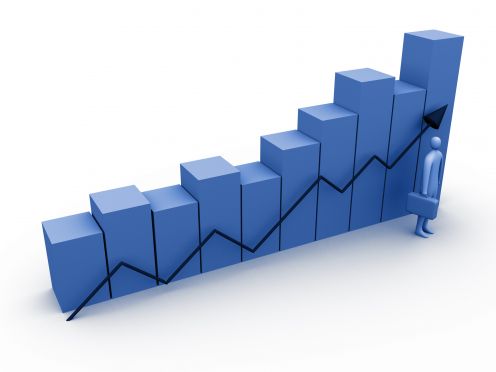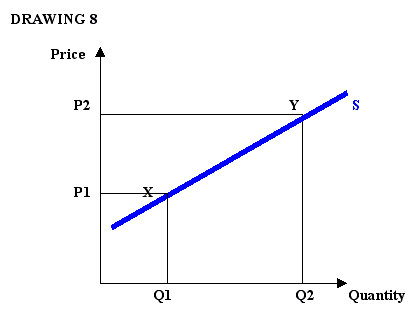One of the crucial aspects in which managerial economics differs from pure economic theory lies in the treatment of risk and uncertainty. Traditional economic theory assumes a risk-free world of certainty; but the real world business is full of all sorts of risk and uncertainty. A manager cannot, therefore, afford to ignore risk and uncertainty. The element of risk is associated with future which is indefinite and uncertain. To cope with future risk and uncertainty, the manager needs to predict the future event. The likely future event has to be given form and content in terms of projected course of variables, i.e.… Read the rest
Managerial Economics
Managerial Economics generally refers to the integration of economic theory with business practice. It deals with the use of economic concepts and principles of business decision making. Managerial Economics is thus constituted of that part of economic knowledge or economic theories which is used as a tool of analyzing business problems for rational business decisions. Managerial economics can be viewed by most modern economists as a practical application of economics theory in using effectively the firms scarce resources.
The Concept of Supply
Like the term ‘demand’, the term ‘supply’ is also often misused in the ordinary language. Supply of a commodity is often confused with the ‘stock’ of that commodity available with the producers. Stock of a commodity, more or less, will equal the total quantity produced during a period less the quantity already sold out. But we know that the producers do not offer whole of their stocks for sale in the market, a part of industrial produces is kept back in godowns and is offered for sell in the market when it can fetch better prices. In other words the amount offered for sale may be less (or at the most in rare circumstances equal to) than the stocks of the commodity.… Read the rest
Law of Demand
Suppose you want to buy mangoes at Rs.100 per dozen you buy 6 dozens. If the price of mangoes increase to 200/- then how much will you buy? Definitely less quantity of goods. What kind of relationship is there between the price and quantity demanded? There is inverse relation.
The law of demand explains the functional relationship between price of a commodity and the quantity demanded of the same. It is observed that the price and the demand are inversely related which means that the two move in the opposite direction. An increase in the price leads to a fall in the demand and vice versa.… Read the rest
Types of Demand
Supply and demand is perhaps one of the most fundamental concepts of economics and it is the backbone of a market economy. generally resulting in market equilibrium where products demanded at a price are equaled by products supplied at that price.
Demand depends on the price of the commodity and refers to how much (quantity) of a product or service is desired by buyers. The quantity demanded is the amount of a product people are willing to buy at a certain price; the relationship between price and quantity demanded is known as the demand relationship.
Read: Concept of Demand in Managerial Economics
The different types of demand are;
i) Direct and Derived DemandsDirect demand refers to demand for goods meant for final consumption; it is the demand for consumers’ goods like food items, readymade garments and houses.… Read the rest
Concept of Demand in Managerial Economics
In Economics, use of the word ‘demand’ is made to show the relationship between the prices of a commodity and the amounts of the commodity which consumers want to purchase at those price.
Definition of Demand:
Hibdon defines, “Demand means the various quantities of goods that would be purchased per time period at different prices in a given market.”
Bober defines, “By demand we mean the various quantities of given commodity or service which consumers would buy in one market in a given period of time at various prices, or at various incomes, or at various prices of related goods.”
Demand for product implies:
a) desires to acquire it,
b) willingness to pay for it, and
c) Ability to pay for it.… Read the rest
The Micro Economics and Macro Economics
Economic analysis is of two types (a) Micro economic analysis and (b) Macro economic analysis
a) Definition of Micro economics:
According to E. Boulding, “Micro economics is the study of particular firm, particular household, individual price, wage, income, industry, and particular commodity.”
In the words of Leftwitch, “Micro economics is concerned with the economic activities of such economic units as consumers, resource owners and business firms.”
- ‘Micro’ is a Greek word means ‘small’.
- Micro economic theory studies the behaviour of individual decision-making units such as consumers’ resource owners, business firms, individual households, wages of workers, etc.
- It studies the flow of economic resources or factors of production from the resource owners to business firms and the flow of goods and services from the business firms to households.



